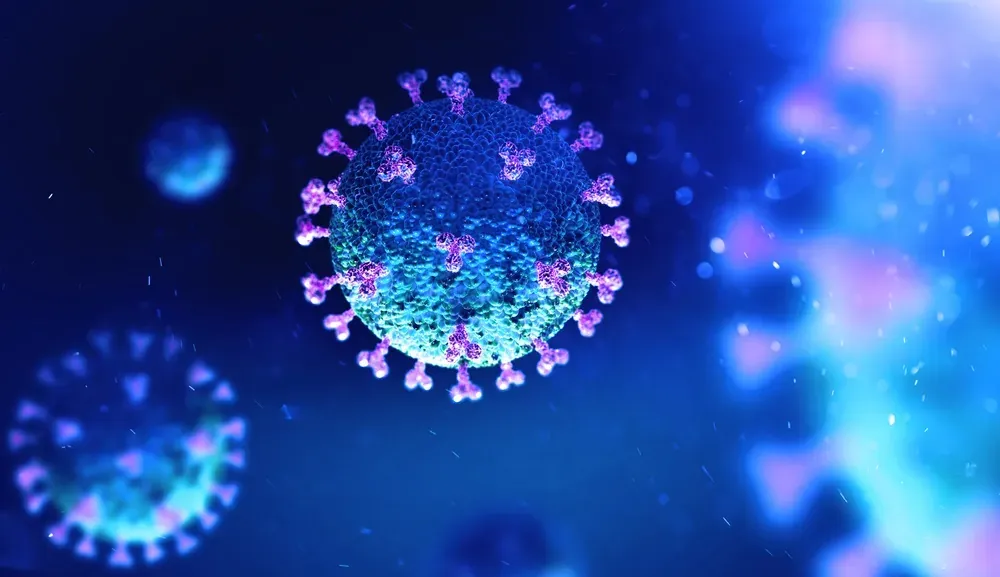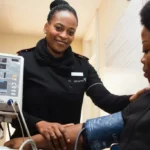What is the COVID Omicron Variant?
The Omicron variant B.1.1.529 is a new mutation of the COVID virus that was identified on November 9, 2021. It was discovered by South African scientists following a surge of cases in South Africa. It has been designated as a variant of concern by the World Health Organization and research is still ongoing to better understand it.
Does it cause more severe symptoms?
There is currently not enough data to definitively state whether the COVID Omicron variant causes more or less severe symptoms compared to the Alpha, Beta, Gamma and Delta. It is important that we are careful to not make any assumptions about the severity and possible symptoms and complications of this new variant as symptoms and complications usually take a few weeks to appear.
BOOK YOUR PCR COVID TEST FOR TRAVEL
Early evidence suggests faster transmission
The Omicron variant was highly contagious in South Africa – this does not mean the same thing will happen elsewhere. As at November 30, 2021, there have been confirmed cases of the Omicron variant in Australia, Austria, Belgium, Botswana, Canada, Czech Republic, Denmark, Germany, Hong Kong, Israel, Japan, Italy, The Netherlands, Portugal, South Africa, Spain and the United Kingdom.
Cases have been mild so far
A South African doctor managing patients with the Omicron variant says cases have been mild so far. Some people have an itchy throat, a dry cough that comes and goes. A few people have fevers. So far, no one has required oxygen for treatment of the Omicron variant.
BOOK YOUR PCR COVID TEST FOR TRAVEL
Vaccines are still the best way to deal with it
The best advice for dealing with the new variant is to get vaccinated with the COVID vaccine. In the UK, a third booster shot is being given and the United States CDC has also recommended that all vaccinated adults in the US should get a COVID vaccine booster shot because of the Omicron variant.




